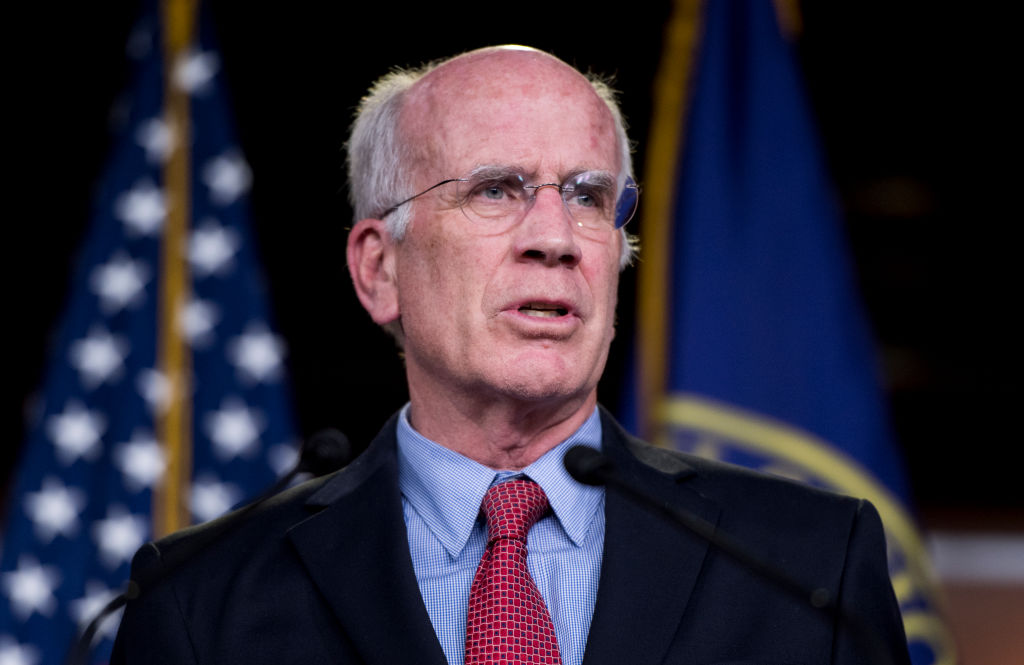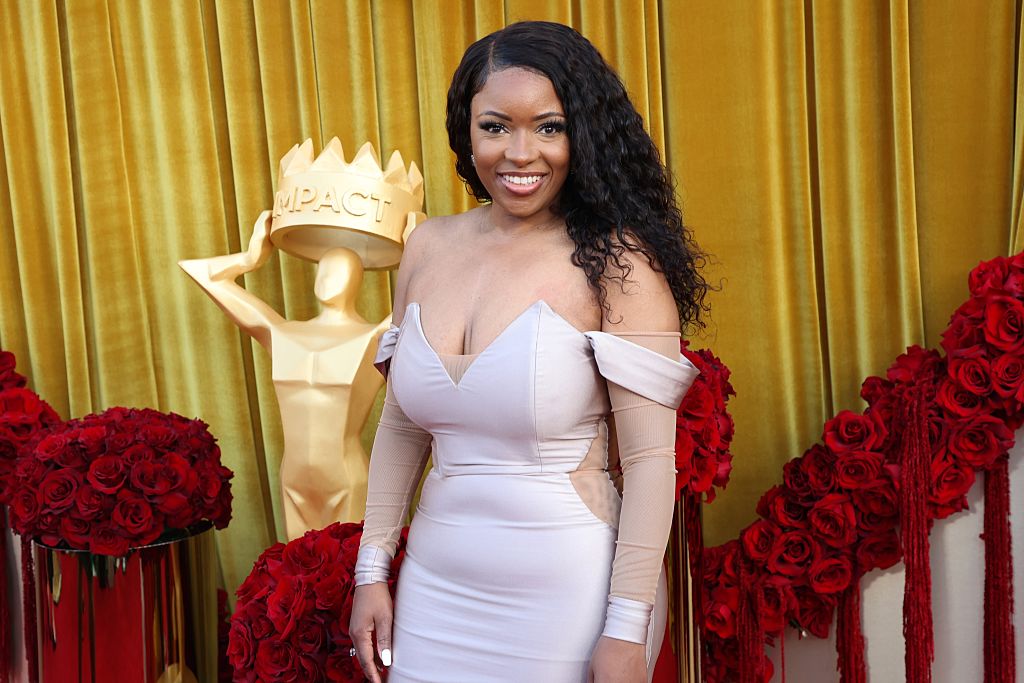'Harriet' Movie Reviews: Black Man Villain? Internet Debates History
Debate Rages Over ‘Harriet’: Is It Too Sympathetic To White Folks?
**Spoilers below**
The “Harriet” movie was widely released on Friday and it was meant to be a portrayal of Harriet Tubman‘s life as a runaway slave and trailblazer for freedom. However, the movie starring British actress Cynthia Erivo hadn’t been out a full day and people already said they have major critiques.
Tweets began surfacing slowly questioning what was called the movie’s historical inaccuracies. Sometimes that cinematic treatment can be expected for biopics, but people on social media who said they saw the movie complained that “Harriet” had scenes that were either white savior-like or overly sympathetic to white people.
For instance, one user wrote:
“Y’all. They really made up a Black man bounty hunter who almost kills Harriet Tubman in the movie. A White slavemaster kills this Black man to… protect Harriet. They completely made this sh** up out of thin air. DO NOT SUPPORT THE HARRIET MOVIE. Harriet’s first husband felt slighted at her quest for freedom. There were already complexities in her life with Black men. But to make up some bullsh** about a Black male bounty hunter in the 1800s? Who is killed by a White racist who is compelled to save Harriet? What the fu**?”
https://twitter.com/AsiaChloeBrown/status/1190247759963709440
In early reviews of the film, publications like Shadow and Act confirmed the slave master killing scene and the distaste it caused.
“It’s Harriet’s former enslaver who has to (graphically) shoot the Black bounty hunter in the head to stop the bounty hunter from killing Harriet,” the website that is devoted to covering Black talent and entertainment across television, film and Broadway wrote earlier this week. “Sure, the enslaver has his own reasons for doing so that aren’t at all about keeping Harriet free, and sure, the enslaver was the sole reason the bounty hunter was hunting Harriet in the first place. Still, it is unsettling to watch this enslaver save Harriet’s life from a violent Black man.”
Despite the criticism, Black bounty hunters aren’t completely “made up.” A historian consultant for the film, Kate Clifford Larson, told USA Today that Black trackers really were active during slavery although in “much fewer” numbers than white slave hunters. She said that some free Black people couldn’t resist the money. She explained “you could buy a farm for $400 and feed your family and live a good enough life. All you’d have to do was go out and capture one or two runaway slaves and you were set. They were very uncommon but they did exist, and it was a problem for the community.”
Although Larson says Black bounty hunters were a reality, there’s still controversy as to whether Tubman was actually saved from a Black bounty hunter by her white slave master. Some people question if Tubman was ever chased by a Black bounty hunter at all. The Black American D.O.S. Caucus — a group dedicated to economic progress for Black American decedents of slaves — tweeted:
“‘Harriet’ has a black bounty hunter serving as the primary antagonist. We have been unable to locate such a figure in the historical record of Harriet’s life. Was this an attempt to shift blame for [sic] slavery? Please cite your sources @kasi_lemmons @focusfeatures @HarrietFilm.”
https://twitter.com/BlackAmCaucus/status/1189986273513164800
Along with the Black bounty hunter controversy, some folks also criticized a scene where Tubman has the opportunity to kill her former slave master, but she declines. Shadow and Act writer Brooke Obie, wrote:
“Soon after, the tables are turned and the gun is in Harriet’s hands and she has the choice to shoot or not shoot her former enslaver who is seeking to enslave, rape, kill or do all three to her and many others. She lets him go with Michelle Obama-like ease and rides off into the sunset, victorious and holy. Killing white supremacists on screen isn’t quite what this revolution movie is all about.”
Despite the content of the scenes, there are still some Black filmgoers who are supporting the movie. Film critic K. Austin Collins tweeted, “Anyone calling Harriet a white savior movie (especially based on a trailer; I wish we would stop doing that) is grossly mischaracterizing it. It is by Kasi Lemmons — director of Eve’s Bayou — and is as mystical and strange as that film was. Ignore viral tweets. See it for yourself.”
Another Black critic, Soraya Nadia McDonald, tweeted, “Harriet, for all of its faults, does NOT have a white savior. *sighs* Twitter is wild yo.”
This sounds like one of those situations where people will just have to decide for themselves.
SEE ALSO:
Judge Tammy Kemp Kicked Off Dallas DA’s Contempt Of Court Case
DA Jackie Lacey Blames Everyone Else For Why It Took So Long To Charge Ed Buck
















